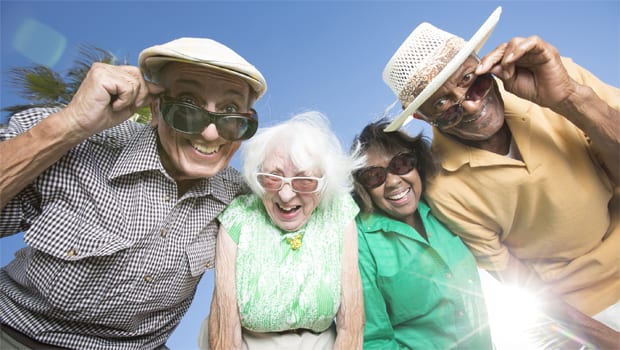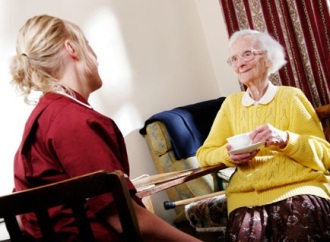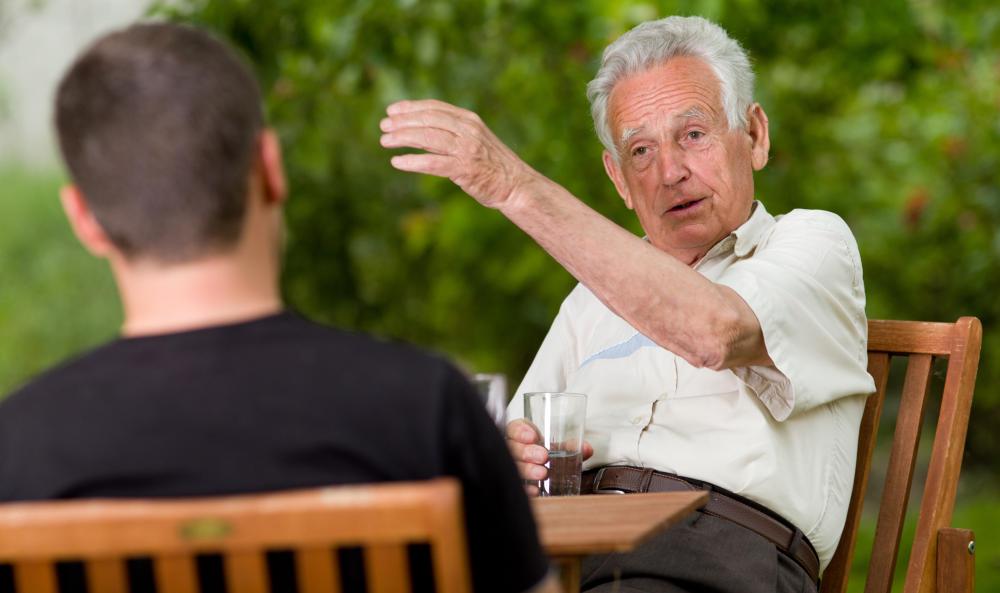
(1) Positive Statement
What are you most proud of in your block presentation and/or your senior project? Why?
What I was the most proud of in my presentation was that I made time, that was a huge relief when I heard I was good. What am I proud about in my senior project is that I got through it, I'm also happy about my independent components since they had a huge impact in my senior project.
(2) Questions to Consider
a. What assessment would you give yourself on your block presentation? Use the component contract to defend that assessment.
AE P AP CR NC
I think I did everything I was told to do, I don't think I did extra. I talked fast too so made it was hard for people to understand what I am saying.
b. What assessment would you give yourself on your overall senior project? Use the component contract to defend that assessment.
AE P AP CR NC
Again, I did everything I was told. I was never late for assignments I was always on time.
(3) What worked for you in your senior project?My topic in general worked for my project since it was something easy, and it was something easy for me to do. My eq was also great since it was really open ended that there are a lot of different answers.
(4) (What didn't work) If you had a time machine, what would you have done differently to improve your senior project?
I wish I did a topic that I was actually really into, something I would have enjoyed more working on.
(5) Finding Value
How has the senior project been helpful to you in your future endeavors? Be specific and use examples.
It has helped me become more responsible, I learned a lot from my topic.






